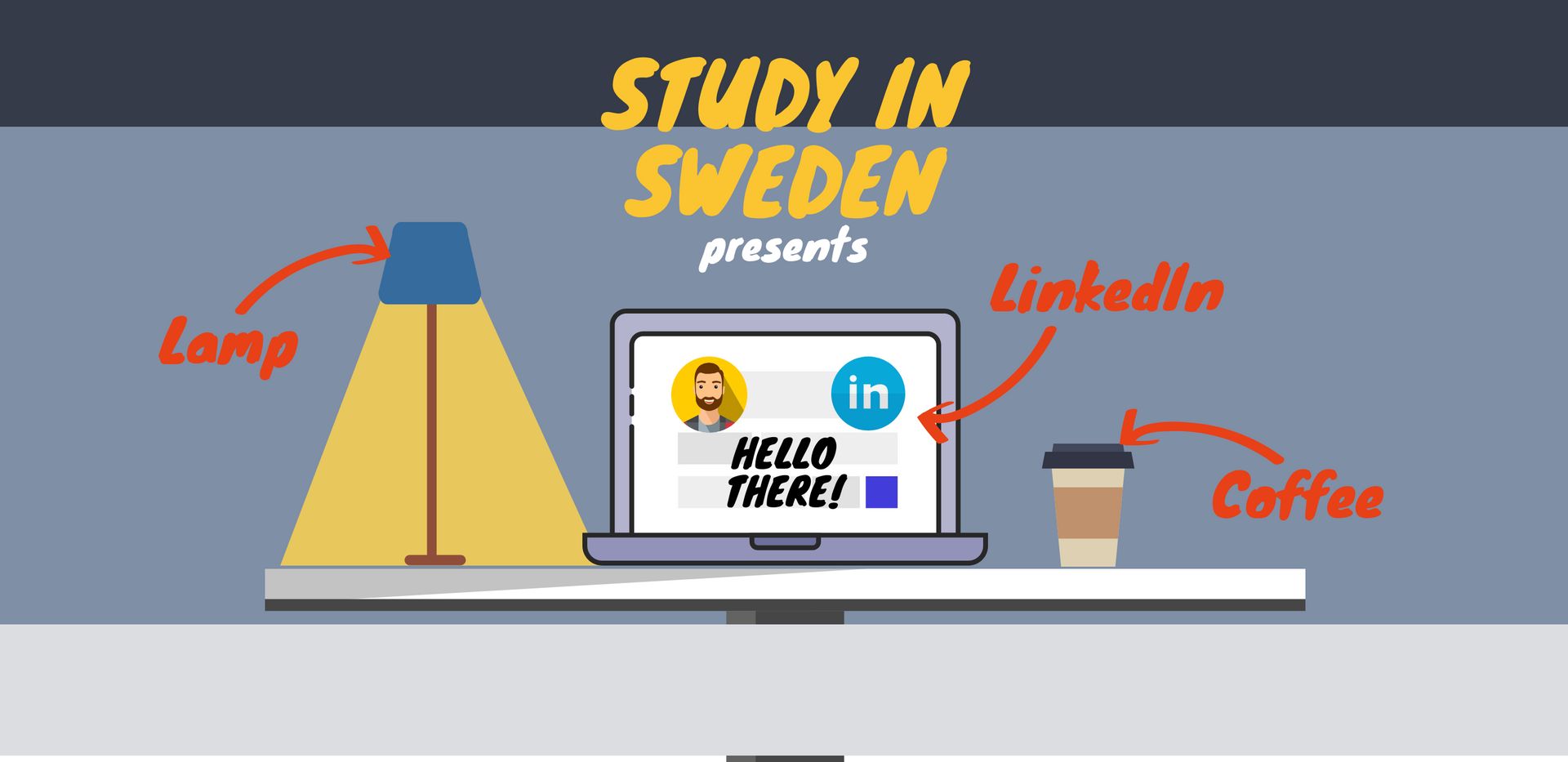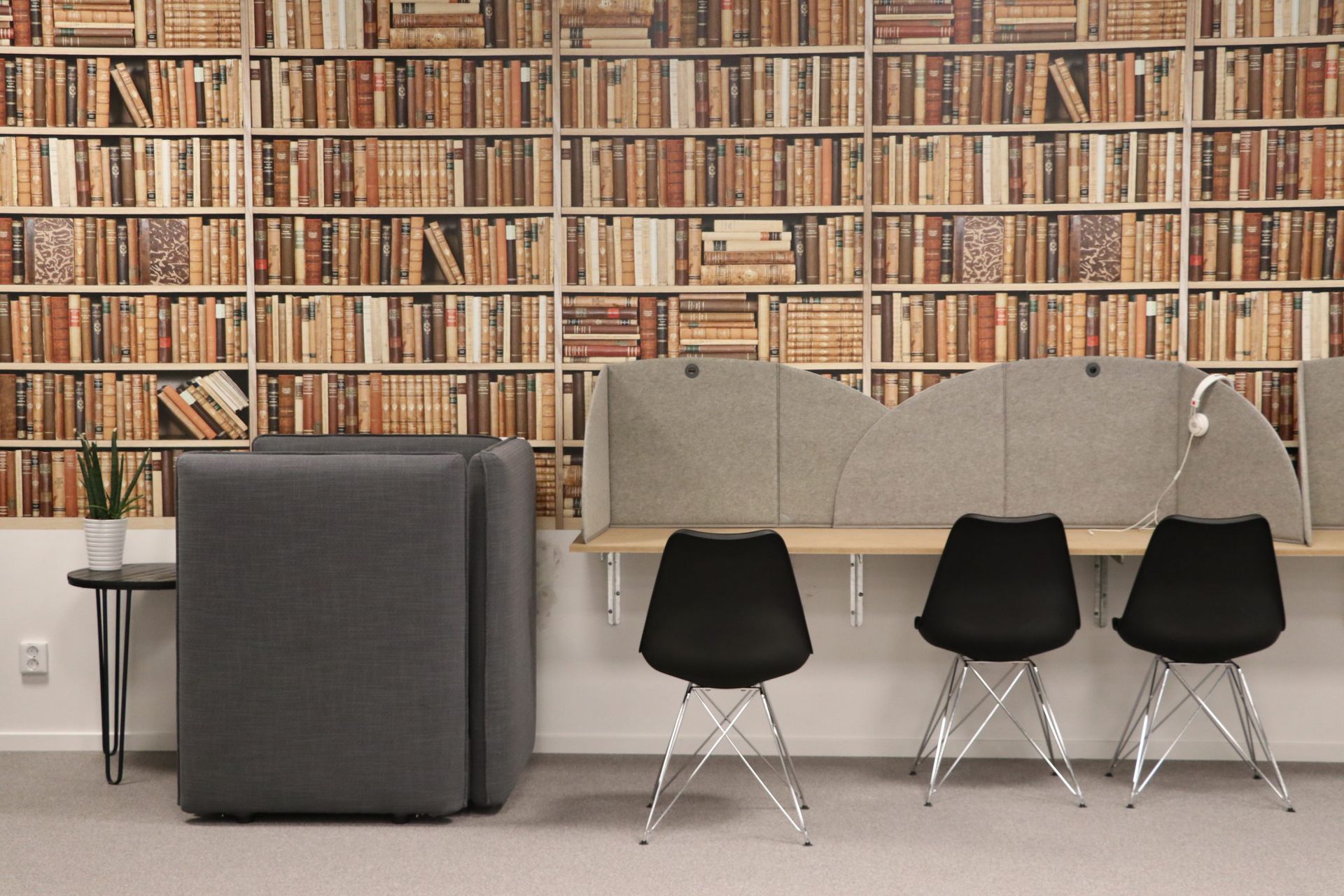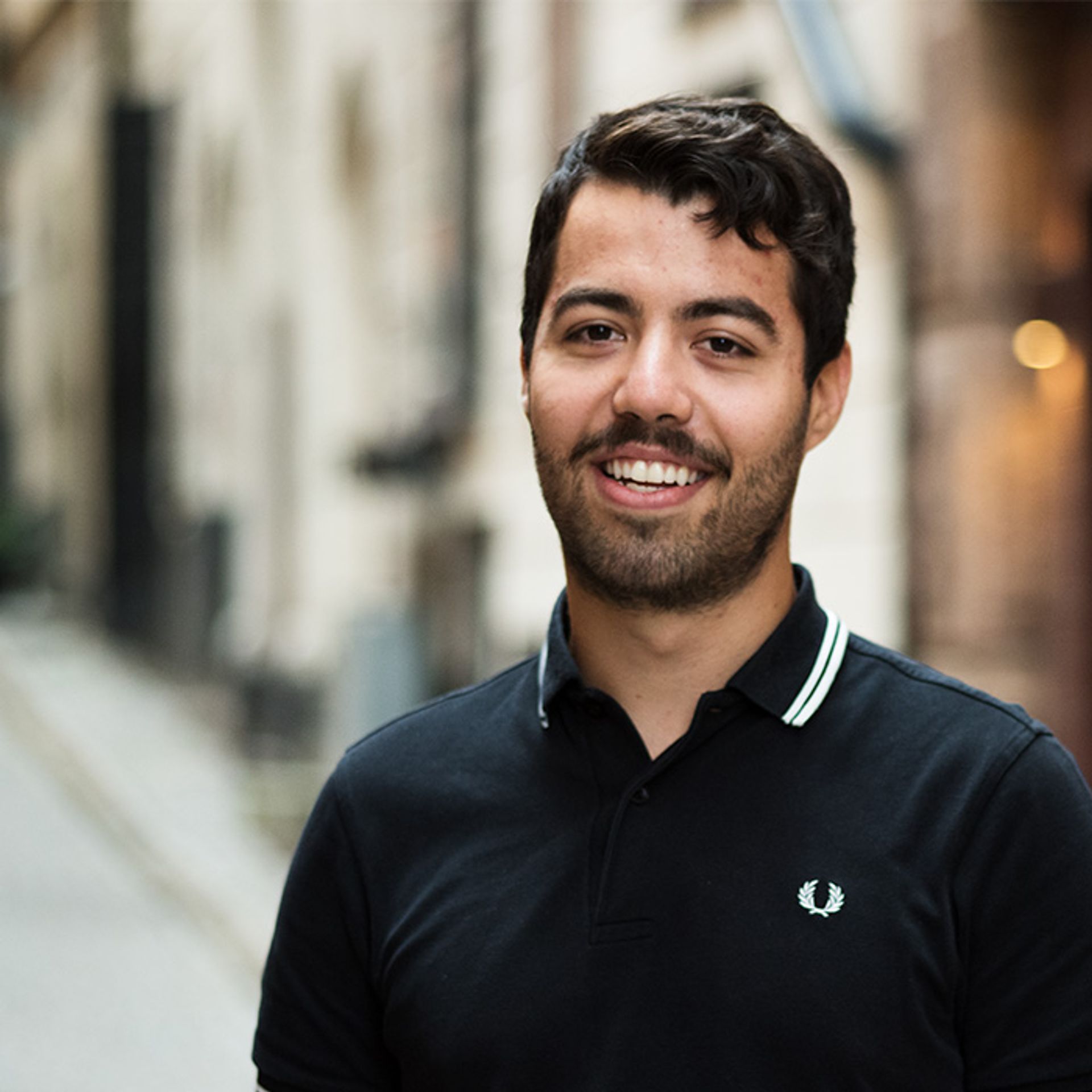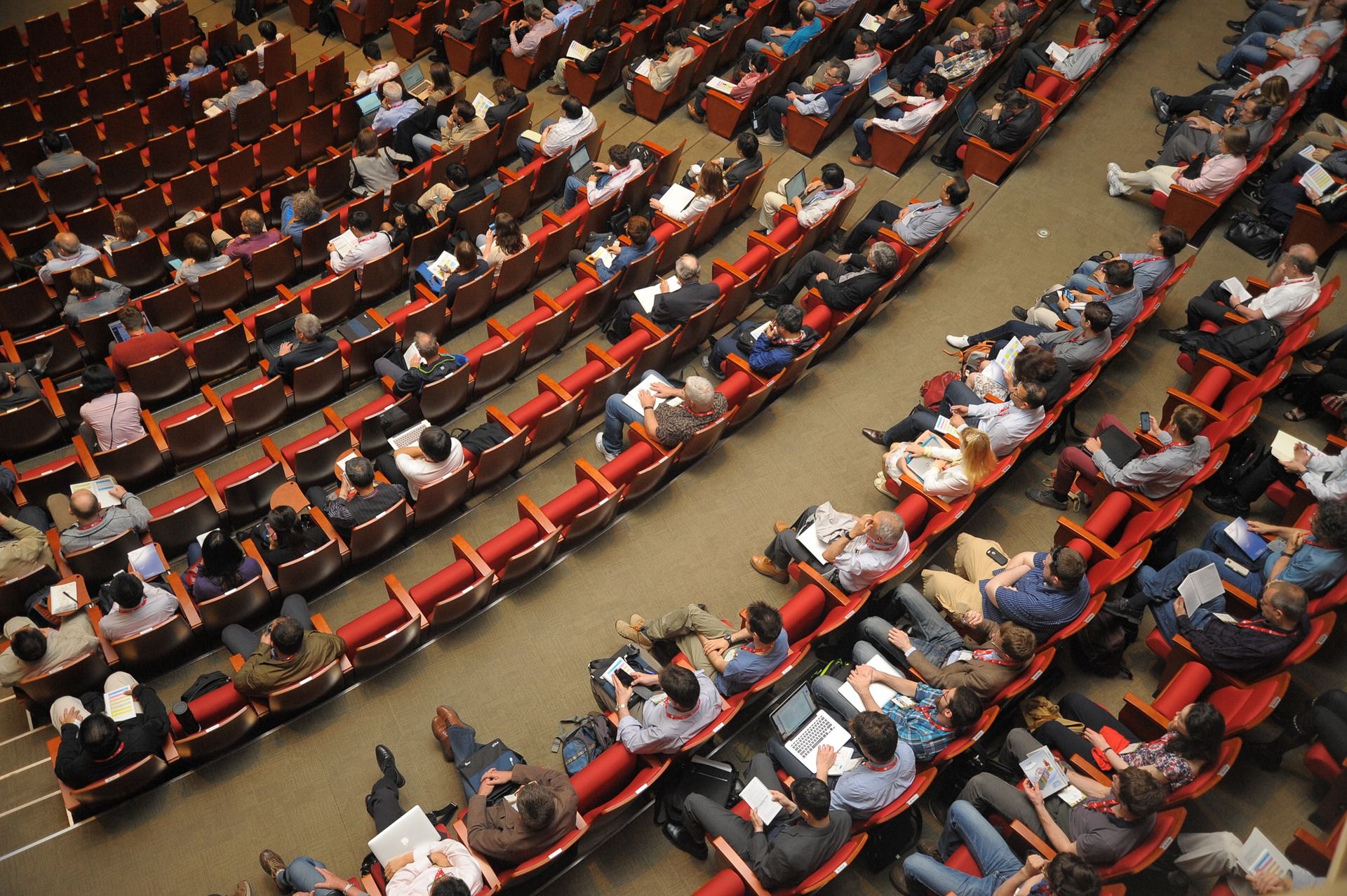
Written by Judith
01 Nov 2018
As a student, I got the chance to attend to specific conferences’ talks before, but I’ve never been in a conference as an official attendee, participating from the beginning till the end of the event. And so, last week I got the chance to attend to one of the most popular conferences about Innovation in Stockholm, Pioneers Summit Innovation. This event, happening once a year, is a two-day conference that brings together more than 200 innovation leaders & learners to share, learn and build on each other’s knowledge about the technology and trends that are shaping the world of tomorrow.
From this year’s theme of “Building Intelligent Futures” I was expecting all talks to be about integrating new technologies for improving our future. However, there are more aspects than technologies that will impact our future. The conference focused on four different topics in regard to our future. Therefore, all talks and workshops were about Collaboration & Co-creation, AI & Business, People & Innovation and, finally, Smart & Human Cities. Yet, attendees were attending to two of the four given workshops thus I took part of AI & Business and Smart & Human Cities.
This post aims to encourage all of you to attend future conferences or similar events by sharing the experiences of attending to such events.
It can happen that when you are a student and you have lots of deadlines, the last thing you want is spending two days at a conference. You might think: “I don’t have time for attending a conference that lasts for two days”. Probably it’s true but will it be worth to attend. Pioneers Summit Innovation was during a very stressful week in which I had to exhibit all my master’s projects. However, attending the conference was totally worth since it was so interesting and I learned a lot.
Another excuse that might come to you when deciding whether to go or not is the fact that you probably have to go alone. In my case, I didn’t know anyone else at the conference. Yet instead of thinking of it as a block I saw it as an opportunity. When you go alone, you have to put some effort to socialize unless you want to stay with the phone all day and waste the opportunity to meet new people with different backgrounds.
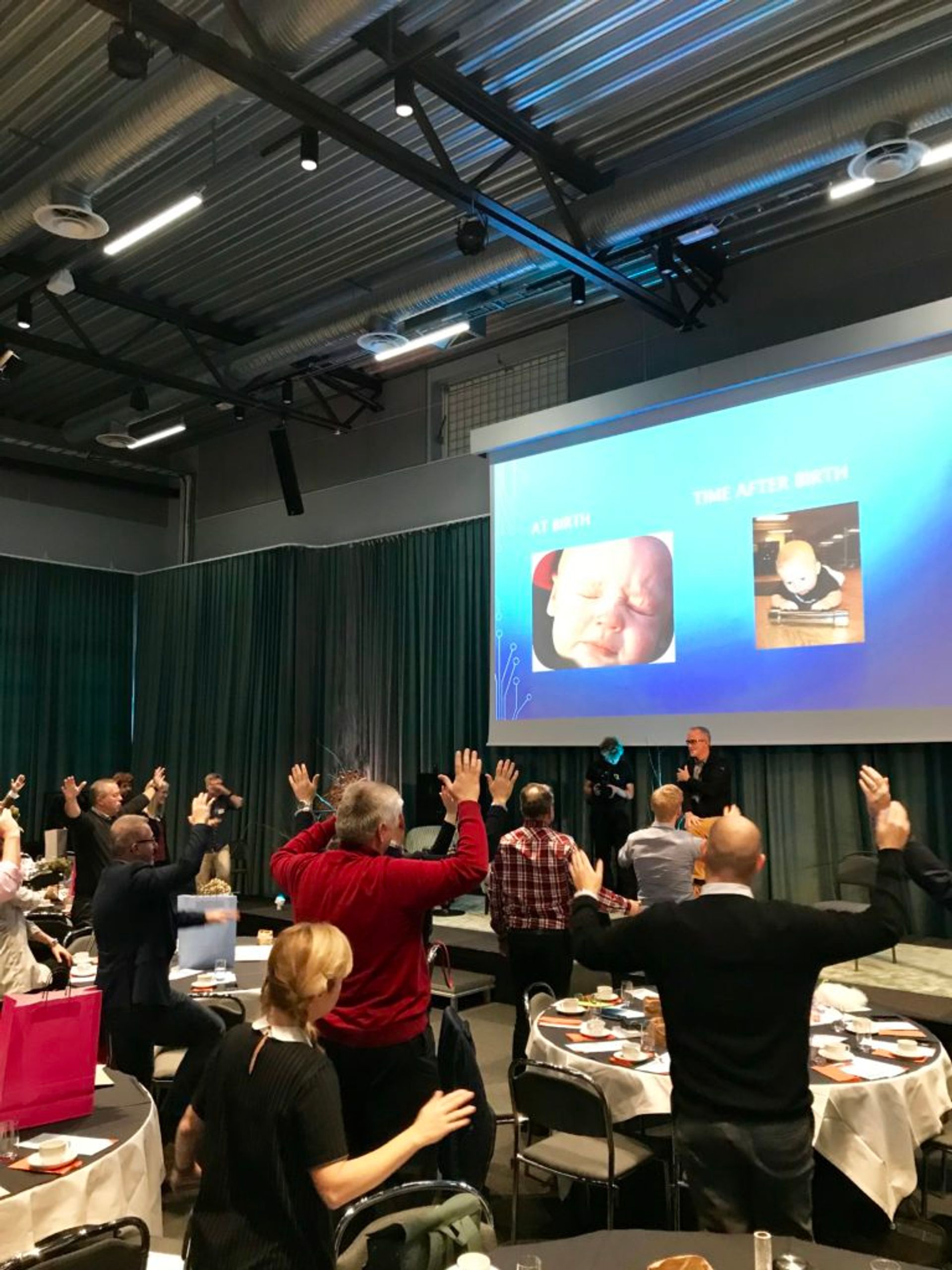
Conferences and events give you the opportunity to be surrounded by experts in the field. You can learn a lot from listening to the talks and participating in the workshops. It’s amazing the amount of non-technological companies trying to integrate AI into their systems. During the AI & Business’s workshop, we discussed the application of different technologies in IKEA. Sharing and talking is one of the best ways to learn.
Most probably, you will also learn new concepts unrelated to the main theme of the conference. Between talks, we had what they called “brain breaks” which were shorter talks about a different topic. I remember we had one before lunch about the influence of what we eat on our brain. Did you know that carbohydrates increase your capacity for learning, omega 3 and the right amount of sugar is good for memory? I didn’t.
Ask, ask, ask and ask. Ask yourself questions and ask others everything you want to know. People will be happy and charmed to answer anything you ask if you show interest and you ask kindly. It’s normal if you are shy and you don’t feel like raising your hand and asking a question in front of I don’t know how many people, but you should think your question might be interesting for other attendees as well. However, you can also approach the speaker or the person to whom you have the question for and ask them in private.
In one of the brain breaks we had, I found out I wasn’t the only student in the room. Different students from Chalmers University and KTH Royal Institute of Technology were also there. I was curious and I approach them to ask.
What I’ve learned is to not leave without an answer to my questions.
Networking, defined as “interact with others to exchange information and develop professional or social contacts” is one of the main purposes of those events. You are meeting people all the time, therefore t doesn’t require any effort to exchange your LinkedIn profiles. You never know when in what and how you can help them or them to you. From a student point of view, as I am, they can give you so much advice about the industry, from asking them information about the company to referring to you as a future employee.

In the first day of the conference, there was the option to stay for dinner, and so I did. I sat next to a man who is starting an exchange program for students in the US to Sweden. Besides chatting from different things, I gave my perspective of what is to be a student in Sweden and he suggested some US companies in which I could do look for summer internships.
Not all the conferences follow the same model, but most of them present some workshops in which you can participate. In this workshops, you can learn a lot about how other people with different background face problems, suggest ideas and gives feedback. My second workshop at the conference was about creating smarter and more human cities by presenting a challenge to each of the different groups. My group was challenged to remove all waste by 2030. We were asked to innovate on the consumption and production of waste thus brainstorm about new ways of recycling and manage the waste. It was interesting to see the way of thinking and seeing the problem each of us had, and how ideas are built on top of other’s idea.
Therefore, during these sessions be creative and open-minded.
Last advice: explore the surroundings. It might happen like Pioneers Summit Innovation conference that was located in Lidingö, Sweden and the landscape of the area is gorgeous. Here some pictures I took.
Are you ready for the future? Do you see yourself attending conferences and other events?
